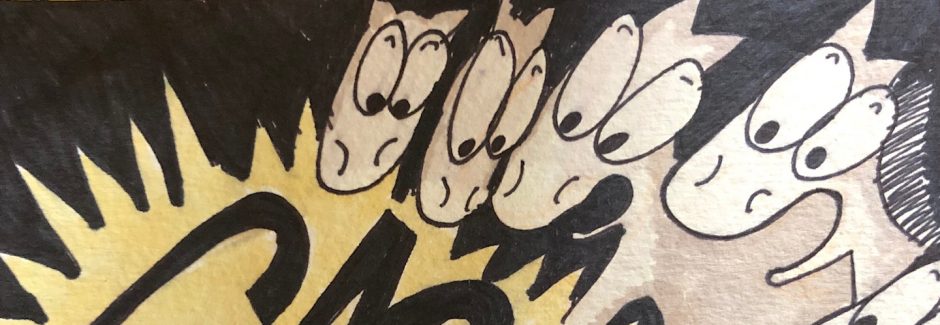 “The function of prayer is not to influence God, but rather to change the nature of the one who prays.”
“The function of prayer is not to influence God, but rather to change the nature of the one who prays.”
I won’t pretend to have read even a tenth of what Kierkegaard wrote let alone understand the difference between theistic and atheistic existentialism. To borrow from Stephen Leacock, I’ll assume one uses alternating current and the other requires a travel adapter like you use to charge the camera battery.
This one simple sentence took me a very long time to understand. It started to make sense when I heard it put together with a Bible story many folk like to joke about.
The story of Abraham and Isaac has become such an easy a target for comics it is almost a ‘take my wife please’ fall back when they start to lose the crowd. Dad makes the kid schlep a load of wood up the mountain. God tells Dad to tie the boy up and toss him on the wood but just before that final cut, an angel appears with the old testament equivalent of ’April Fool!…I was just kidding.’
“And we laughed….”
The zen light bulb moment is that God’s trust in Abraham didn’t change but Abraham’s sure did. 
I’ve watched my girls walk face first into walls I warned them about because I still have the dents on my nose from those same bricks. I’ve asked them to do and not do things I knew would make life easier for them because, in hindsight, I saw where I could have saved myself so many steps back, around and over to get to where I started.
And I recall a faint echo of my own mom saying much the same to me as I steamed full speed for the rocks.
The bottom line is that, in order to change, be it for the better, the worse or just to understand why it is what it is, you have to go through the moment yourself.
I may not be the person my parents expected me to be and I most certainly am not the person I expected to be but I am different from the person I was.
And the prayer that can never be answered, the prayer that has changed me the most is the one that starts, “Dear God, I wish they were here to hear me say ….”
